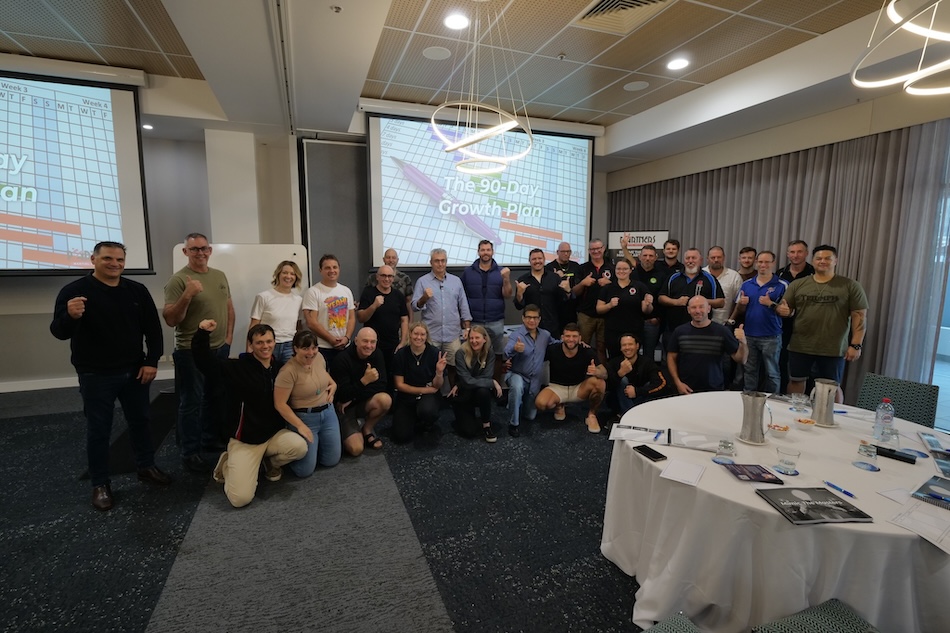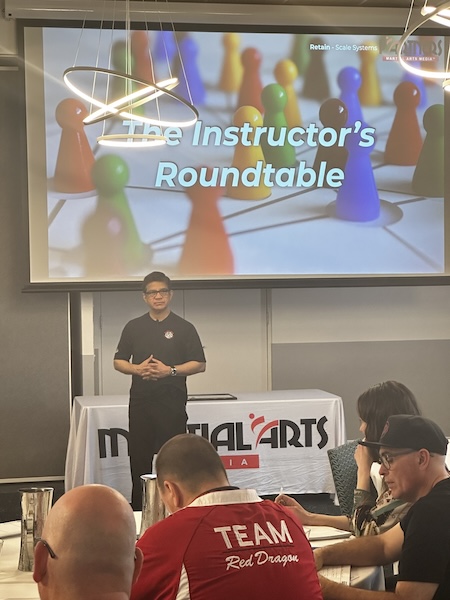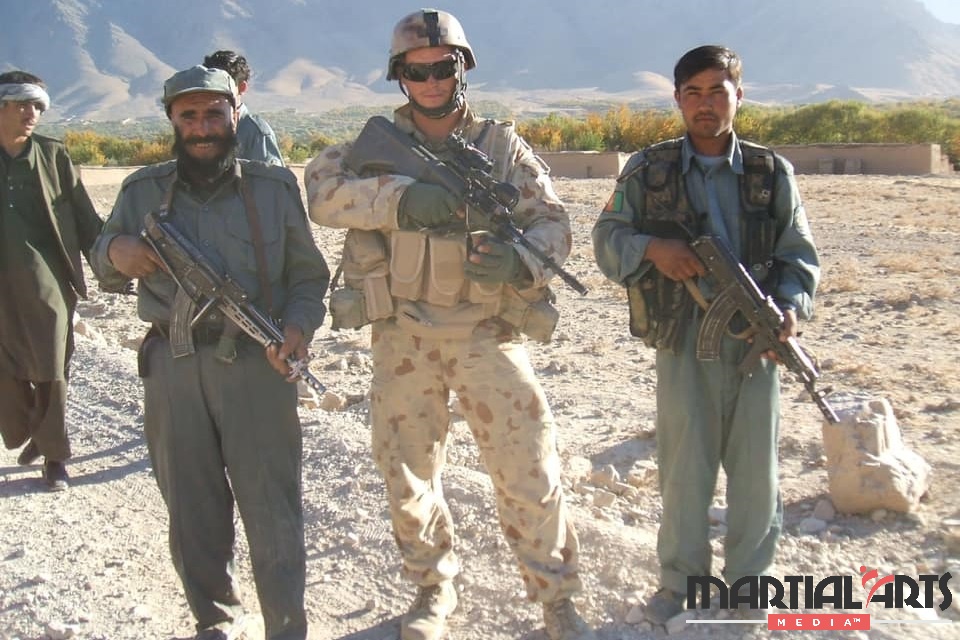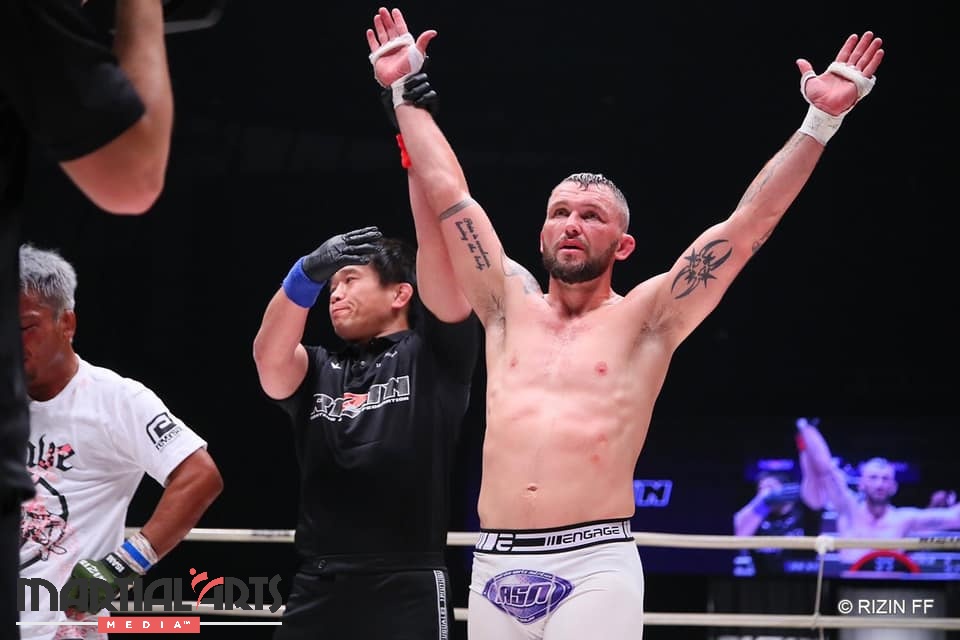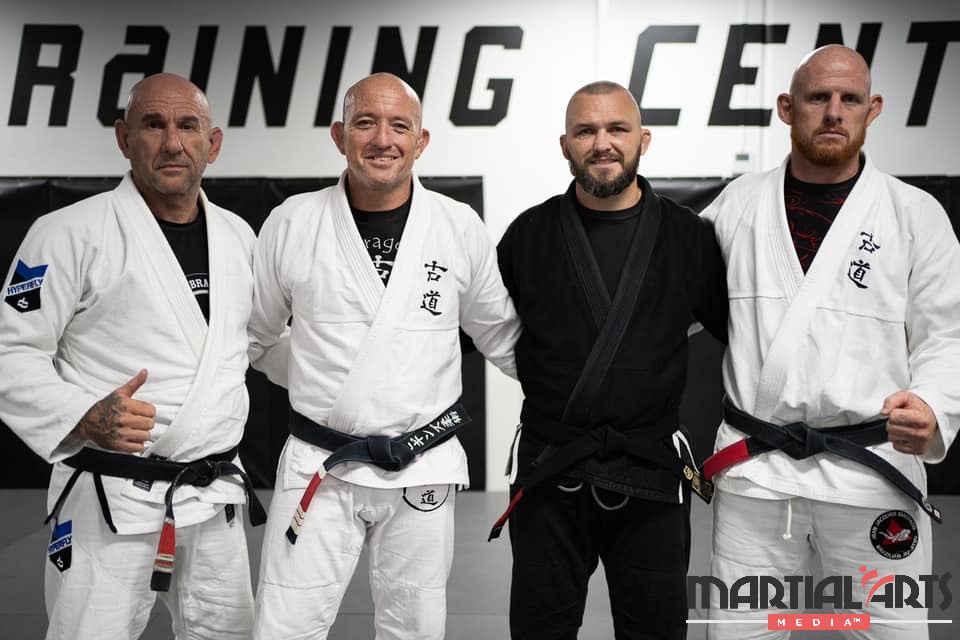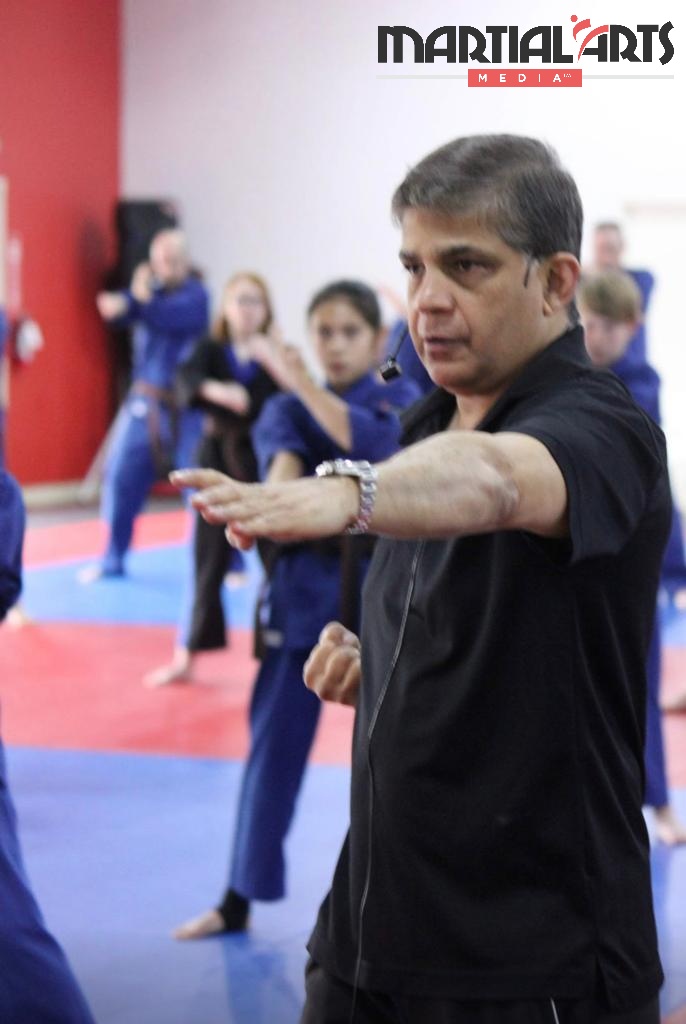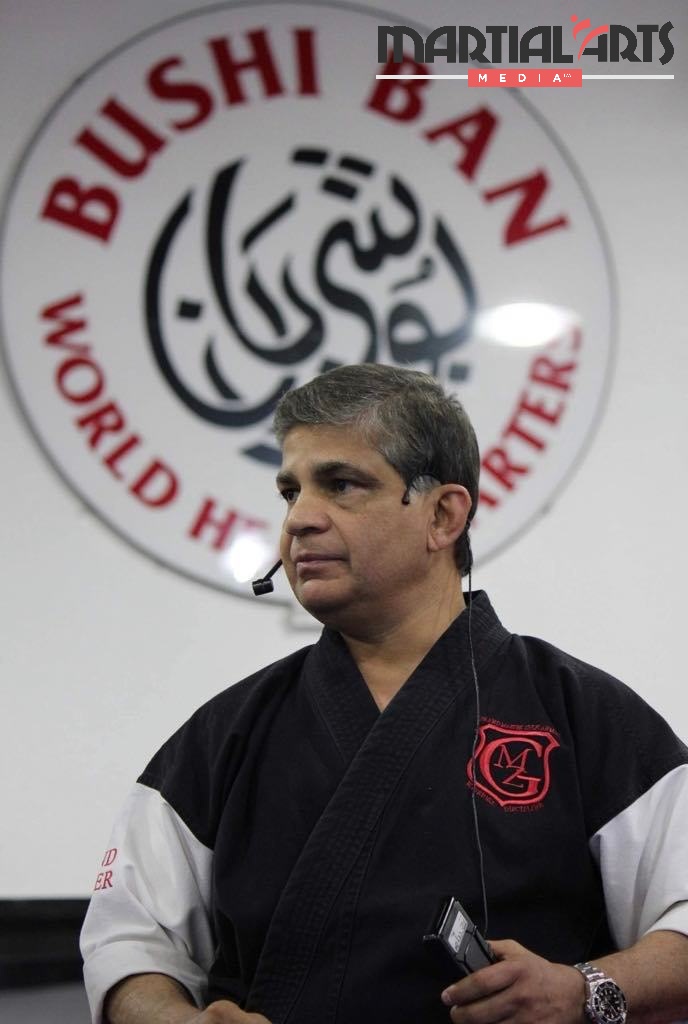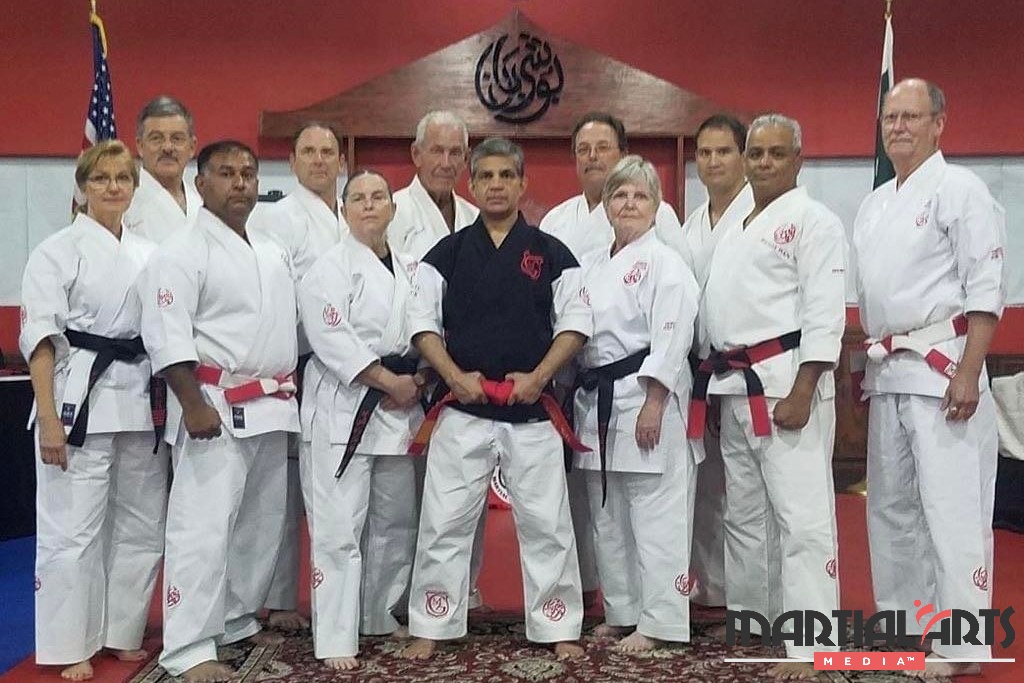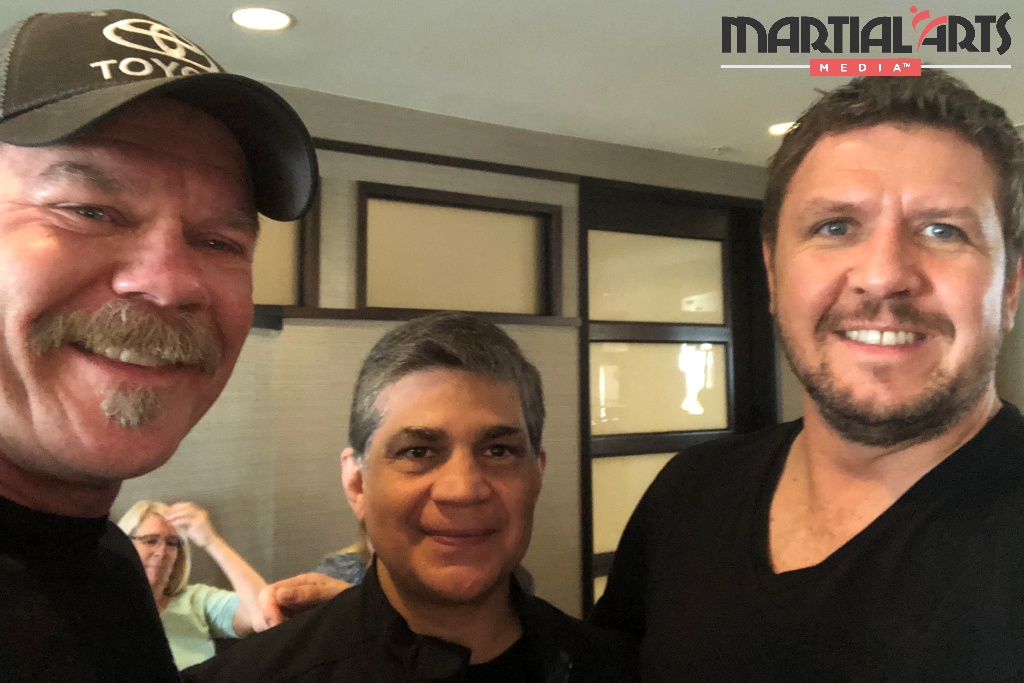If you’re running Facebook ads and all your martial arts leads are tire-kickers, your problem might be two-fold. Here’s the fix.
IN THIS EPISODE:
- What’s potentially causing the wrong quality of martial arts leads
- The pitfall of labeling your martial arts prospects as tire-kickers
- How better Facebook ads attract better martial arts prospects
- Fixing low-quality martial arts leads with paid trials
- And more
*Need help growing your martial arts school? Start Here.
TRANSCRIPTION
Hey there, George Fourie here. Welcome to another Martial Arts Media™ Business podcast. Today, I want to talk about your martial arts leads being tire-kickers. What if they are all tire-kickers, non-responsive, or just the wrong demographic or bad quality when you are running Facebook ads, Google ads, or from any other marketing source?
I’m going to dive into the details with a few little twists to this conversation. For show notes and all the resources of this podcast, head over to martialartsmedia.com/149. Let's jump in.
What happens when all my leads are tire-kickers? They inquired via the website, Facebook ads, or Google ads. They've put their hand up, disappeared, or never put their hand up. We can't get hold of them, and that's that. All the leads are tire-kickers, or they are responsive, but they're just the wrong type of lead.
They won't fit the culture of your club, or they won't be fit for the products that you have, the martial arts services that you offer, and the classes that you run. These are all things that can be fixed within your targeting, quality, and messaging. But here's the danger. I want to address the danger of labeling all your prospects as tire-kickers.
A few of my members in our Partners group brought this up: I love you, and you're not being singled out. Actually, I can count about six or seven encounters where this has come up, and that's just this year. So, you're definitely not being singled out. This is done with love. I hope that this is helpful for you and for you, the listener, as well.
Labeling all your leads as tire-kickers. Here's the danger. Let's say you're running an ad campaign, and you've got 20 to 30 leads in your CRM. It's just a list of names. And you get one bad response, two bad, three, and all of a sudden, your sales mojo motivation dies out.
And you're like, “Oh, really?” They’re all tire-kickers. Maybe it was only three, maybe it was five, but all of a sudden, you give everybody this unanimous label. Now, what if you took those 20 to 30 people off the list and put them all in a room together, all in a room together, or all on the mats? And you looked at all these people, all their faces, and they all put their hand up.
They responded to your ad, right? Can you look them all in the eye and say, “You're all tire-kickers. All of you are wasting my time. It's like all of you got together and collectively decided that you're going to waste my time.” A bit unrealistic, right? But it's very easy for us to look at a lead list and then throw a label out.
The danger that I want to address is it's their fault and not yours. So, immediately, you relinquish all responsibility for the leads, not furthering the conversation or signing up, and it's their fault and not yours. Now, I'm not here to debate whether that's true or not because there can be parts where it's their fault.
But if it's all their fault, you've got no room for improvement. They've got nothing that you can fix. You could never really say it's them. And yep, I come from an old school sales training where things were beaten down into my brain, not literally, but the message was enforced all the time—that it's never about the prospect.
You're the sales guy. It's your job to be persuasive, engaging, have charisma, and actually engage in a relationship. Sell the program and actually get them interested. Uncover the underlying objections or problems that they are facing and the reason why they put their hand up. Maybe they are super paranoid about taking this first step.
There's a lot there to unpack. This whole process between them putting their hand up and saying, “Hey, I'm interested,” and to actually go ahead, it can be a little fragile process. And so, we have to take it with care that this person is stepping potentially into an unknown territory.
They've never trained in martial arts before. They don't know what it's about. They've seen people beating each other up at UFC. They've got these perceived concepts of what it can be like completely untrue, but they have all these things going on, or it's super personal, right? There's something that happened in their life that they really need this.
And sure, as hell, they're not going to tell you after one message or phone call. We have to respect that part of all this. So, how do you get better at this? Well, a 100% percent responsibility. 100% responsibility. It's your responsibility to fix it. Let's look at a few examples. All right.
Well, you are running an ad campaign. You're running an ad campaign, and maybe you have the luxury of getting hundreds of leads. But the quality is bad, and that could be for demographics. You live in an area that's a low socioeconomic area, and it's just the quality of leads that you get are not people that are going to afford your services.
If that's the case, well, then you've got to look at the options to mitigate that. A couple of things that you can do is have a good front-end paid trial offer, or we do things like in Messenger, where we use gated questions. We ask people if they can afford to invest in their health, the well-being of their kids, themselves, and so forth.
If that is a problem, we can address that and modify that as we go. If it's messaging, well, messaging can be fixed by knowing the process of how to take people from that first engagement and position yourself as an authority. Make sure you appear as a human being, not just a company logo.
I'm talking about Facebook ads here. If you're running Facebook ads, you're running it to a page; all that they see is a logo. They don't see a human. So, you got to insert some human elements in it—not just an AI bot, real human elements—so that people know that they're talking to a human, and that way, you get a cool human interaction.
A further danger I see with the disconnect is the more disconnected you want to be from the actual marketing, the more this belief of an unsatisfaction of the quality of the leads and labeling people as tire-kickers. It really comes up because, number one, if you're disconnected from the marketing, you might be getting some cookie-cutter ad from an ad agency or something that you saw somebody else do it, run on Facebook.
You thought that was cool. But a lot of that stuff misses a lot of depth. A lot of depth of who are you? What makes you unique? Especially if they're seeing a lot of martial arts ads, right? What makes you stand out? What makes you so special? What makes you better than all of them?
And then, if you've got somebody helping you with ads, well, there's got to be a bit of a feedback loop because if on the front-end, and we see this often, that we look at ads and it looks like the ads are doing great because of the numbers and we see like 20, 30, 40, 50, 60 leads come through. But on the back end, they're not converting.
If that's the case, there needs to be a feedback loop that you can speak to someone like a coach or an agency that addresses the objections that are coming up on the mats. You can take that and you can add that to your ads, and keep optimizing your message.
That is the only real way to do it. There's no magic flick of the switch. I believe it's good to have models of ads that work. I mean, that's how we start. When we start with our school owners in our Partners program, rolling out ads is easy because we've done it so many times. Getting started is really easy, and getting some traction is easy, but getting real, real traction takes some refinement and takes some depth.
So, what can you fix? Targeting, messaging. If you're getting the wrong quality of leads, make sure you increase that. If leads are non-responsive, then make sure that you have enough touch points available where you can follow up. We go Messenger, we go SMS, phone, as well as email. That is four places where we can actually communicate with them from four options.
Most of that is automated except for the phone call, but that gives you a lot of touch points where you can follow up and make sure that you get hold of your leads. If you're following up through text, then make sure that you are positioning yourself as the expert. You know how to ask the questions and move people from curious to serious to sign up.
For us in our Partners program, we use a system. We call The Messenger Signup Method, and it really, really works well in the sense of when people don't want to pick up the phone because maybe they don't like being sold, or I've had about four phone calls today that I haven't answered. It's just because I don't. It's great to fly under the radar.
If you know how to have a conversation via text and get your paid trials or appointments booked, it's definitely the way to go. Anyway, I hope that's helpful. I'll catch you in the next episode.
*Need help growing your martial arts school? Start Here.
Enjoyed the show? Get more martial arts business tips when you subscribe on iTunes, listen on Spotify, or watch and subscribe on Youtube.




